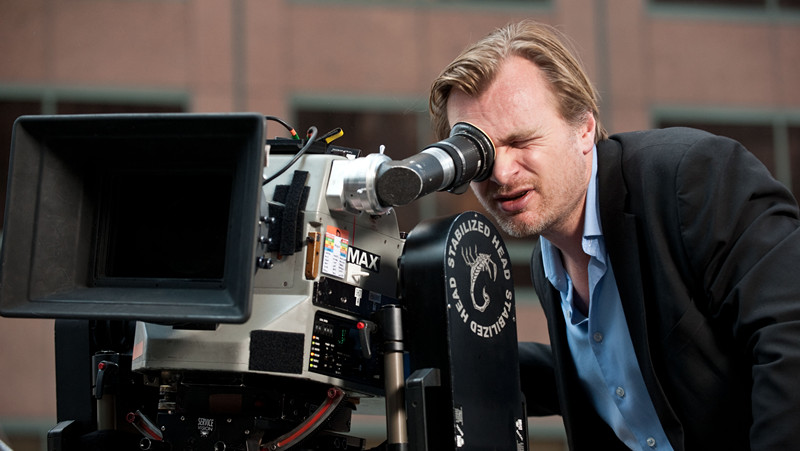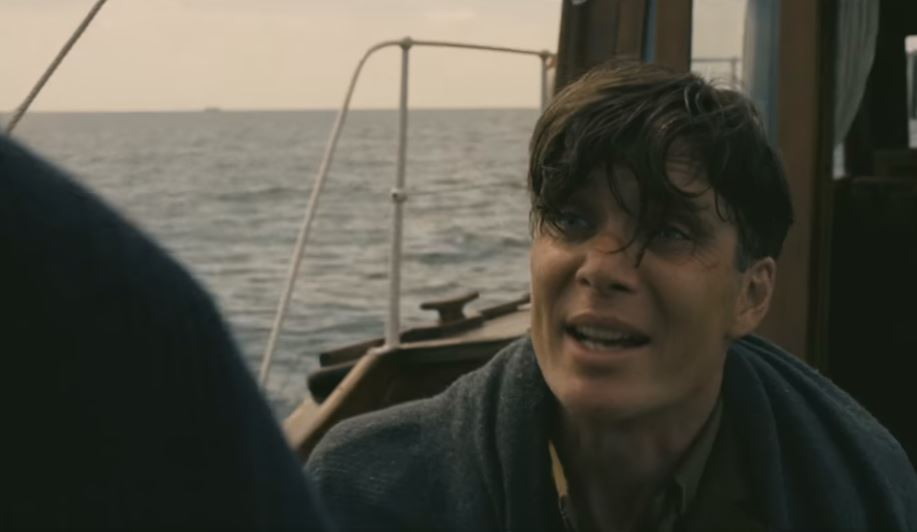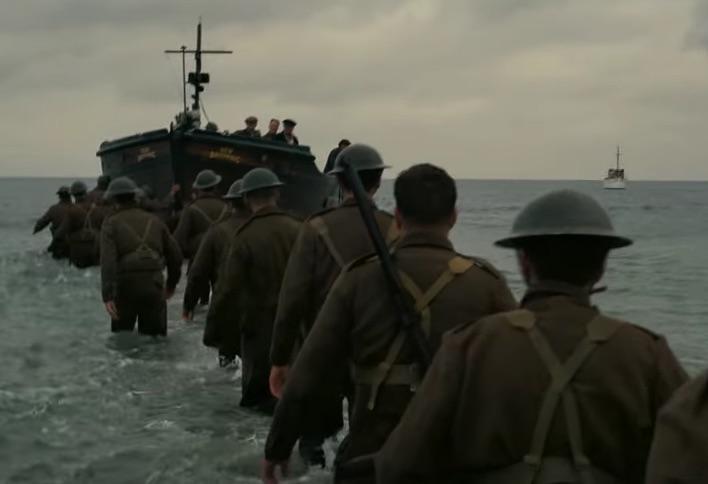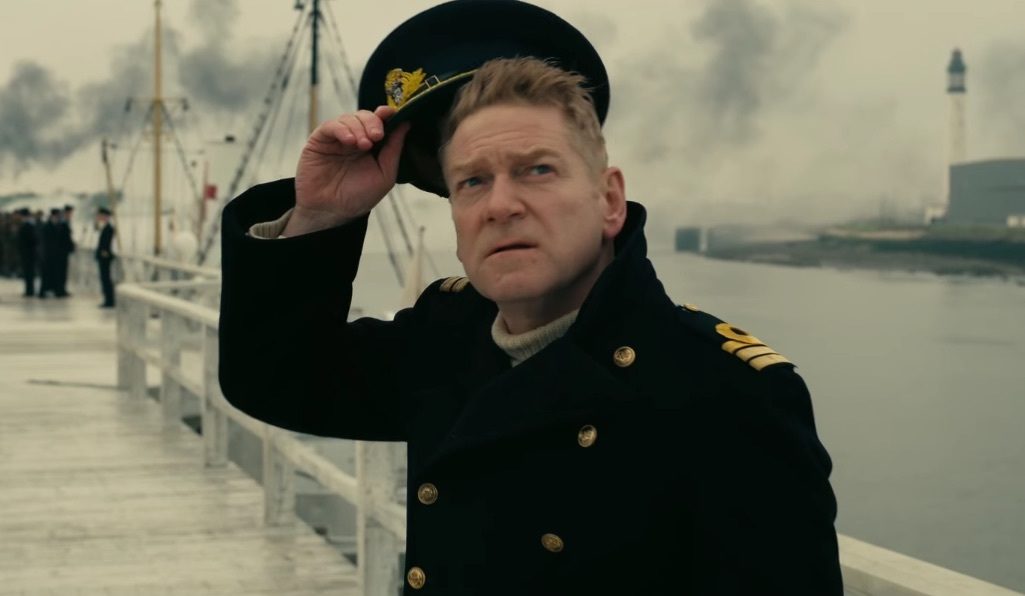5. Popular director

Let’s face it, the Oscars is still just a popularity contest. Dozens of worthy recipients, including several directors, have spent their entire career perfecting the humble clap and head nod when someone else’s name is read out. Steven Spielberg waited 15 years for his, Martin Scorsese waited nearly 25. Stanley Kubrick and Alfred Hitchcock never received the big win throughout their careers. So what are Nolan’s chances?
Despite a level of sophistication and depth, Nolan’s films are still genre flicks. Memento and Insomnia were thrillers, Inception and Interstellar were sci-fi and The Dark Knight Trilogy was, of course, comic fiction. But the Academy still loves to invite the cool kids to the party and, given the opportunity, a couple of nominations given to Nolan would ensure a wider interest in the ceremony.
6. Nolan’s first war film

Steven Spielberg, Mel Gibson, Oliver Stone, Kathryn Bigelow and Michael Cimino are just a few directors that walked away with the golden statue thanks to their work on a war film. Gibson is possibly looking at a second Oscar nomination this year for directing Hacksaw Ridge, despite almost being blacklisted from Hollywood. The reason for this is war films may not only be artistic but they also draw in a large crowd due to exciting premises/battles and, sometimes, patriotism.
As mentioned before, Nolan’s lack of love from the Oscars can mostly be attested due to his focus on genre filmmaking, especially sci-fi and comic fantasy. But what if he directed a film within a more respected genre? War films generally receive a lot of love from the Academy if they are well made, have a strong message on war and are contextually relevant.
Given that this is a Nolan film, we can safely guarantee it will be well made and, given his interest in philosophy and psychology, will have something different to say about war. As for its contextual relevance, this will be addressed at the end of the list.
7. Haunting Symbolism

War is hell and, for many of us, we will never understand the true horrors that one can encounter whether in the military or as a civilian. While films like Saving Private Ryan introduced the world to the gore and violence inflicted upon the human body, shows like Game of Thrones still manage to draw in record crowds despite their almost obscene levels of violence, showing that audiences have becomes desensitised. So how do you show the horrors of war without blood?
Fortunately, Nolan is a director with a love for metaphors and symbolism. The Dark Knight Trilogy’s examination of archetypes and duality is perfectly explored through symbolism, including the use of Harvey Dent’s two faces as a symbol of duality, not just between good and evil, but the image that a hero puts forward to the world and the one that he keeps hidden for the greater good.
Based on the trailer, Dunkirk makes strong use of symbolism and metaphors to depict the horrors of war. One key moment is the scene depicting a lone British soldier marching past the protagonists, dropping his gear and helmet and walking into the freezing English Channel before disappearing under the waves.
Does this soldier believe he can swim across the channel back to the safety of England or was his calm and steady march to the ocean indicative of a man accepting his fate. This image was one of the key moments of the trailer and, knowing Nolan, there will be plenty more.
8. Message of hope

As mentioned earlier, contextual relevance is key to the success of most films, especially those within the war genre. Some of the best war films not only broke new ground with truthful performances and gritty action scenes, but also with timely messages. Since 2001, war films have not only depicted the physical horrors of war, but the psychological ones. The Hurt Locker depicted an EOD Sergeant addicted to the adrenaline of war while American Sniper depicted a Navy SEAL struggling with PTSD.
So how is Dunkirk relevant today?
Well, it has been over 75 years since Dunkirk but the film’s message could not have come at a better time. A message of hope. With 2016 coming to a close, many have already called it the worst year in recent memory with political uncertainty, deep social divisions, international conflicts, global warming and various celebrity deaths. So it is touching to see a war film that reminds us of the power of hope.
Dunkirk was not a victory for the United Kingdom but it was a moment of hope. One that proved things were not that bad, even in the darkest days of World War II. It also inspired a sense of duty, with hundreds of civilian sailors and boat owners travelling across the Channel in an effort to help evacuate their fellow countrymen.
In the trailer, a civilian boat captain tells a rescued serviceman that they are going back to Dunkirk, but he refuses to return. The captain, played by Oscar winner Mark Rylance, is stoic in his response, “There’s no hiding from this son. We have a job to do.”
What makes the story of Dunkirk so incredible was its significance to the British and Allied fighting spirit despite its nature. On the surface, Dunkirk was an evacuation of troops across a narrow channel. Yet, it somehow resonated with Great Britain. Perhaps this type of hope is what the world needs. Yes, things may seem bad and we are on the back foot, but a victory is on the horizon.